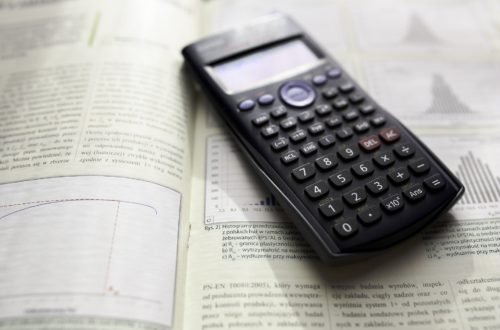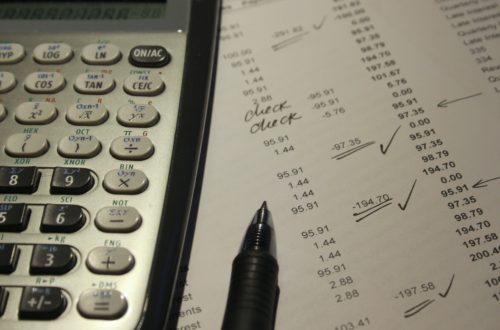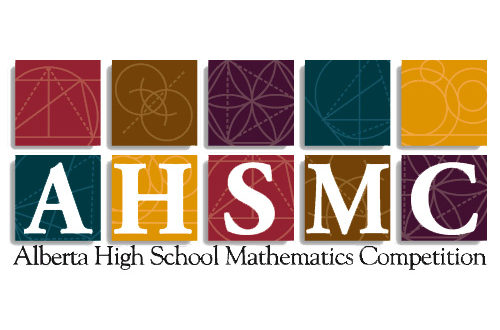Journal of the Mathematics Council of the Alberta Teachers’ Association
Volume 48 Issue 2, June 2011
Summer! A time of renewal, recovery and rest. A time of warmth and sunshine. A time of vacation and leisure. A time of planning, regrouping. reconsidering and reading. As I look forward to gardening, hiking and camping, I am reminded of the importance of having time to reflect on my past year of teaching and to envision the upcoming year. I hope you will find the articles in this issue a source of inspiration.
This issue of delta-K is a special focus issue on early childhood mathematics. Lynn McGarvey, coeditor of this special issue, describes the importance of early mathematics learning in her editorial, which follows. This focus may seem strange, since we have spent the past year implementing program changes at the secondary level. However, I believe that all readers will benefit from reflecting on the importance of making mathematics meaningful and teaching for deep understanding. These articles provoke thought about how young children learn and how teachers build on these early childhood experiences. I believe the ideas presented in these articles can be adapted to elementary and secondary mathematics classrooms; certainly they contribute to a more holistic way of understanding our professional practice.
This issue showcases research and teaching ideas from authors across Canada. To begin, an investigation of children’s images of mathematicians is presented by George Gadanidis. His research has direct implications for teachers of all students as we seek to challenge popular views of mathematicians and offer students a positive image of the work we engage in. Florence Glanfield and Shaun Murphy describe an example of how students and teachers are engaged in identity-making through mathematics assessment. Again, their description of differentiated assessment by engaging students in conversations through interviews can inform our teaching in classrooms across all grades.
As an example of what we can learn by listening to children’s conversations, Lynn McGarvey presents a task that reveals students’ reasoning about patterns. She challenges our notions of developmental stages of learning and provokes us to consider how we might support children’s learning and mathematical thinking. Kim Gravel also investigates children’s mathematical learning through a process of pedagogical documentation. Her work involves toddlers’ understanding of mathematics and emphasizes how children’s learning can be made visible. Sylvia Malo uses pedagogical documentation to frame her journey of learning more about how children develop number sense through subitizing. The process of pedagogical documentation holds promise for learning within our professional contexts and can be applied in all classrooms.
Finally, the collection of photographs from the 2010 MCATA conference shows teachers engaged in mathematical and pedagogical learning. I invite you as mathematics teachers to become actively involved in our association. Attend the upcoming MCATA conference, nominate colleagues for the awards sponsored by the association, volunteer to be a member of the executive. Seek opportunities to build professional relationships. Information is available on our website. www.mathteachers.ab.ca.
As always, I encourage you to consider publishing your teaching and scholarly ideas in delta-K. The guidelines are listed on the inside of the front cover. I would be more than willing to assist you with this process.
Enjoy your summer!
Gladys Sterenberg
Early Childhood Mathematics
Most teachers, parents and community members are very aware of the importance of early experiences in literacy. Parents start reading to their children as babies, and most preschool and primary schools have home reading programs. Yet early mathematics learning does not receive the same attention, and less is known about what mathematical experiences are important. There are likely many reasons for the lack of attention, but of significance are the cultural perceptions that mathematics is difficult and that young children are not capable of mathematical thinking. Mathematics is seen as abstract, and teaching children anything other than rote counting before they enter school is often deemed unnecessary and possibly even inappropriate. Recently, however, research and media have emphasized the importance of early mathematics to address a variety of concerns, such as ensuring future school success, closing knowledge gaps based on socioeconomic status and contributing to the global scientific society. While these concerns may be politically prestigious, perhaps the most important reason for attending to early mathematics is simply the recognition that young children are capable of significant mathematical thinking and learning. Providing opportunities for children to learn and do mathematics is not just to ensure their future success in school, close any perceived achievement gap or help them get good jobs decades later in life-mathematics, just like language and literacy, is a way of thinking, sense-making, describing and participating in the world. Giving children opportunities to engage in sufficiently challenging mathematics allows them to experience, participate in and make sense of their present-day environments.
Early mathematics teaching is not the same in each classroom or from lesson to lesson. There are no rules or prescriptions for teaching. It need not be student centered or teacher directed. However, excellence in teaching draws on and extends children’s knowledge and interests, helps children develop a vocabulary of mathematics, and allows children to make conjectures, formulate problems, and engage deeply in mathematical questions, problems and ideas.
For this special issue of delta-K we invited manuscripts on teaching and learning mathematics with young children (pre-K to Grade 3). We asked for papers that provided classroom-tested activities and teaching strategies, offered insight into children’s thinking and problem-solving strategies, addressed challenging classroom issues and shared findings from classroom-based research. In the articles selected for this issue we see teachers and researchers engaging with young children in a variety of ways that demonstrate children’s capabilities, interest and understanding of significant mathematics.
Lynn McGarvey
1
2
Gladys Sterenberg
3
Guest Editor: Lynn McGarvey
4 – 11
12 – 16
George Gadanidis
17 – 19
Possibilities for Understanding Children’s Mathematics Knowledge
Florence Glanfield and M Shaun Murphy
20 – 24
Assessing Young Children’s Attention to Pattern and Structure
Lynn McGarvey
25 – 31
Kimberly A Gravel
32 – 37
Subitizing: Part-Part-Whole of a Big Idea
Sylvia Malo
37



